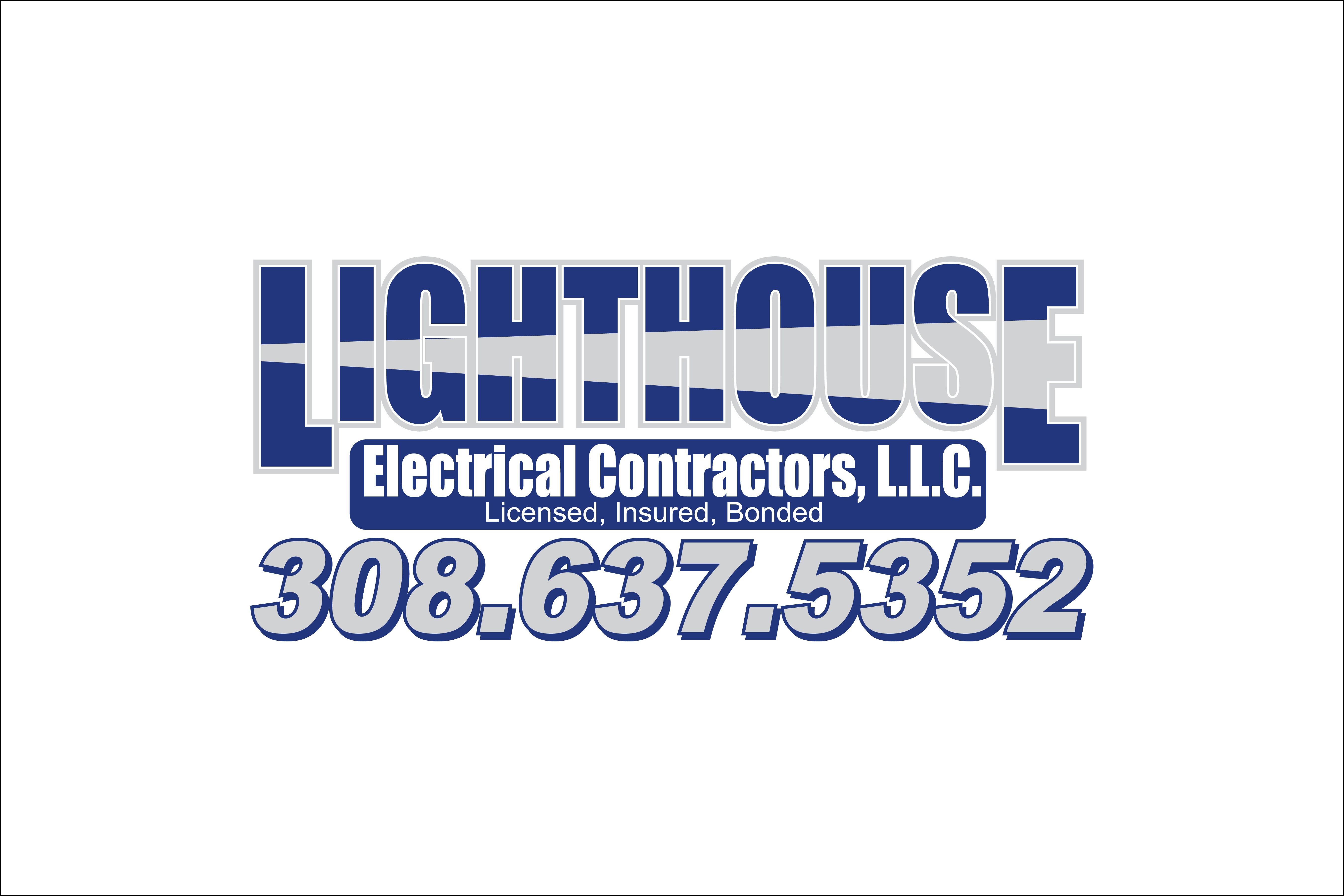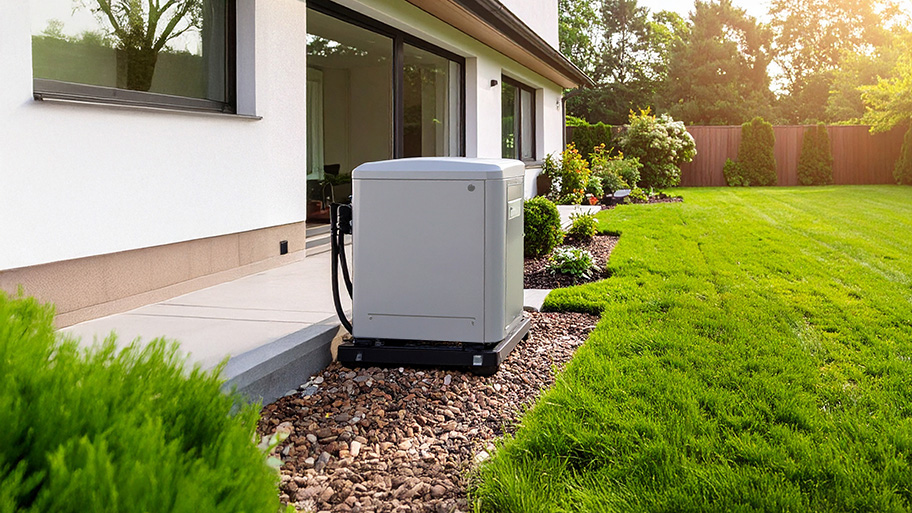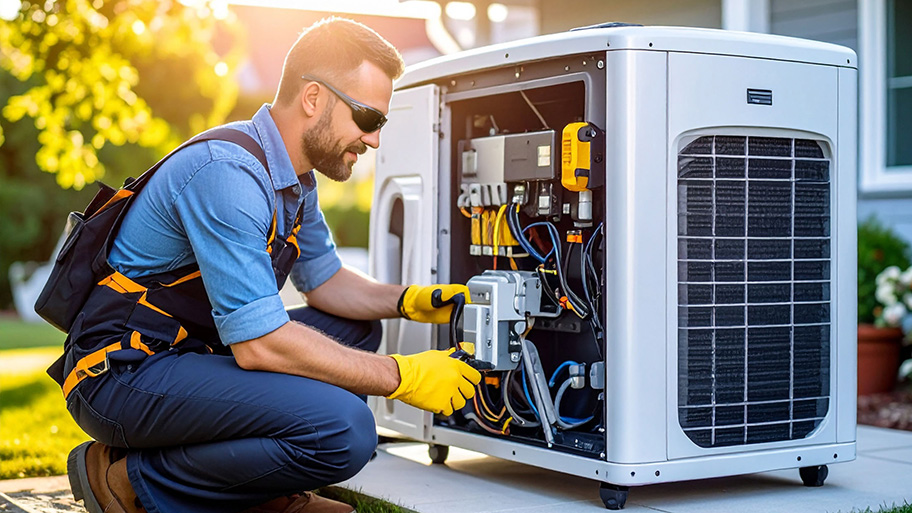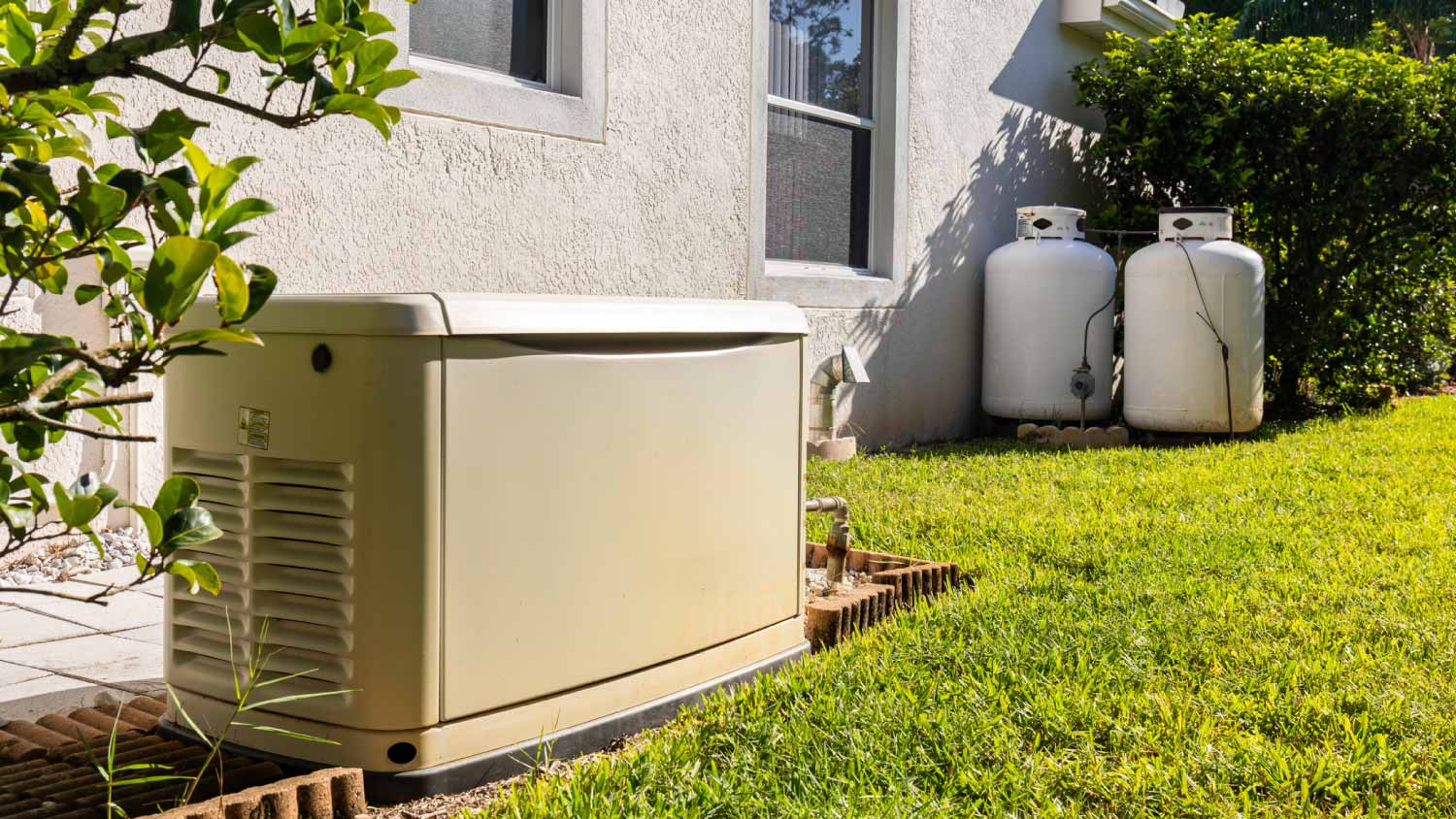
Alexander Technical Resources
Alexander Technical Resources
Free Phone Consultation. Not sure if we can help? Give us a call, it's on us! We are more than happy to talk with you and discuss your computer problems. Fast service. In some cases we can help you right now! If not, we will schedule an appointment that fits your schedule. If you receive our answering service, please leave us a message. We will call you back as soon as possible. Domestic Based Support. Our company is based right here in the United States and all of our technicians speak clear, fluent English. Safe Interaction. By using our online support center, no one has to come out to your home to fix your computer. That means no strangers in your home and you don’t even have to get dressed, if you don’t want to. Extremely Affordable & Convenient. Unhooking your computer, dragging it out to the car, then driving to the store and dragging in there and waiting for weeks to get it back and then pay hundreds of dollars for such fantastic service. That’s the typical experience for most users. Most Issues are software based. In our experience. 85% of user’s problems are either software or operating system problems due to bugs, worms, virus’, Trojans, malware, grayware or spyware related. As long as your computer turns on and has an internet connection, we can probably solve your issue. If we find that your issue is a hardware issue, we will recommend a trusted, local support company to help you further, if possible.
"Online repair. He has helped me in the past and I cannot say enough nice things about him. The next day I had a tiny issue and he responded immediately. Thorough. Thank you!"
Jan C on February 2019
Free Phone Consultation. Not sure if we can help? Give us a call, it's on us! We are more than happy to talk with you and discuss your computer problems. Fast service. In some cases we can help you right now! If not, we will schedule an appointment that fits your schedule. If you receive our answering service, please leave us a message. We will call you back as soon as possible. Domestic Based Support. Our company is based right here in the United States and all of our technicians speak clear, fluent English. Safe Interaction. By using our online support center, no one has to come out to your home to fix your computer. That means no strangers in your home and you don’t even have to get dressed, if you don’t want to. Extremely Affordable & Convenient. Unhooking your computer, dragging it out to the car, then driving to the store and dragging in there and waiting for weeks to get it back and then pay hundreds of dollars for such fantastic service. That’s the typical experience for most users. Most Issues are software based. In our experience. 85% of user’s problems are either software or operating system problems due to bugs, worms, virus’, Trojans, malware, grayware or spyware related. As long as your computer turns on and has an internet connection, we can probably solve your issue. If we find that your issue is a hardware issue, we will recommend a trusted, local support company to help you further, if possible.
"Online repair. He has helped me in the past and I cannot say enough nice things about him. The next day I had a tiny issue and he responded immediately. Thorough. Thank you!"
Jan C on February 2019












